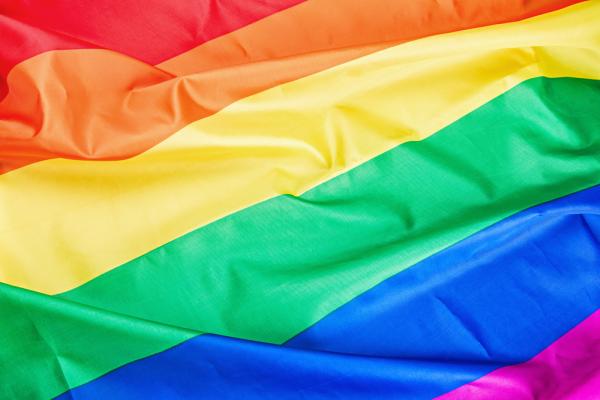Just before the Religious Freedom Restoration Act controversy exploded in Indiana earlier this year, a compromise was playing out 1,500 miles away.
In Utah, as the Salt Lake Tribune noted, same-sex marriage had been banned both through state law and constitutional amendment. Attempts to pass lesbian, gay, bisexual, and transgender anti-discrimination measures had failed six times.
But in March, lawmakers brought together representatives from the Mormon and LGBT communities and passed landmark legislation.
Utah law now lists sexual orientation and gender identity as protected classes in housing and employment — but, without buy-in from the religious community, it does not include “public accommodations,” a broad legal term used to describe everything from bus services to restaurants and other private businesses.
Read the Full Article

